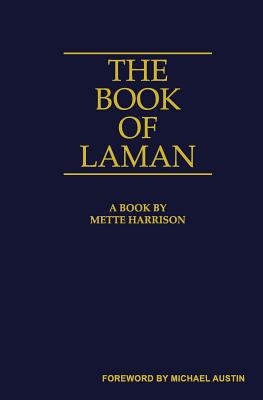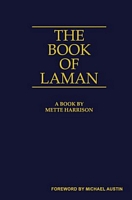- Welcome to FictionDB, Guest
- | My Account
- | Help

The Book of Laman — Mette Ivie Harrison
From the Forward
The central conceit of The Book of Laman -- telling the story of 1 Nephi from Laman's perspective -- seems like a perfect device for a funny book. Indeed, Bob Lewis used it precisely this way in his satirical 1997 novel, The Lost Plates of Laman. Here we see all of the jokes implied the first time we hear that Laman is the narrating the Book of Mormon: the villain becomes the hero, and the hero becomes an insufferable know-it-all, the archaic language is peppered with anachronisms and modern values, and the devotional content of the original text is sacrificed on the twin altars of mocking Mormon weirdness and having a grand time.
But Mette Harrison's Book of Laman is not funny. It does not try to be funny. It doesn't use intentional archaisms to make fun of the Book of Mormon's language; rather, it tells its story in a non-distracting modern style. The characters are not simply reversed. Nephi is sometimes an annoying brat, but he is also a real prophet who sees and speaks for the Lord. Laman is neither a comic book villain nor a long-suffering ironist. He is a flawed human being struggling to live well and usually coming up short. And in some of the book's very best scenes, he is touched unexpectedly by grace and God.
Harrison's characters are the sorts of people who might actually have existed in history. She does not naturalize the miracles in the Book of Mormon -- there really are angels and visions and smiting and all the rest -- but she humanizes the actors. And this is important, as it corrects for a reading bias that plagues Latter-day Saints. Simply put: we want the Book of Mormon to be history, not fiction, but we expect the people in it to act like characters in a (not very good) novel and not as the kinds of people who have actually ever existed.

